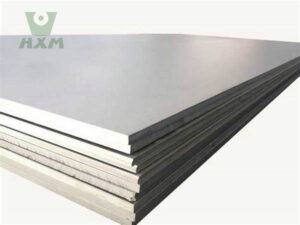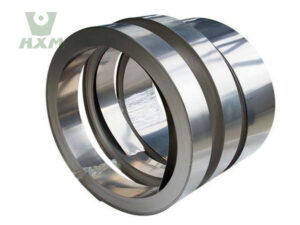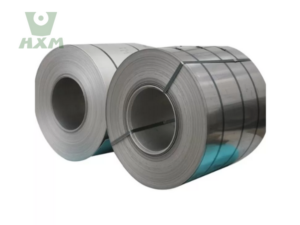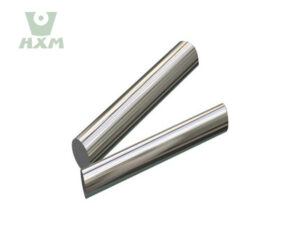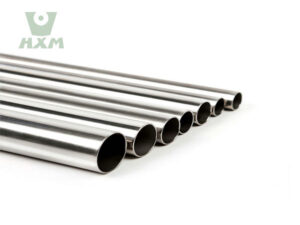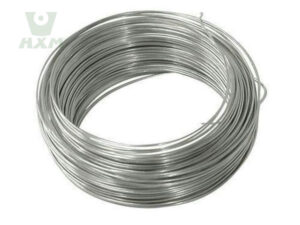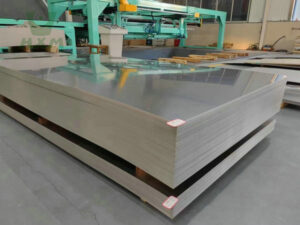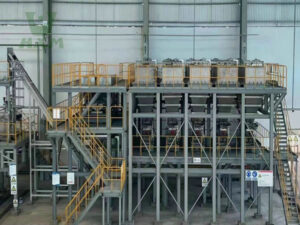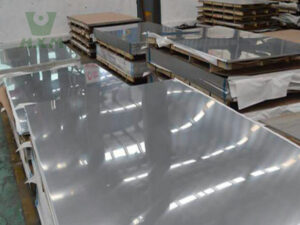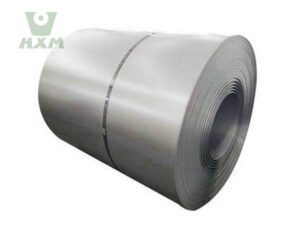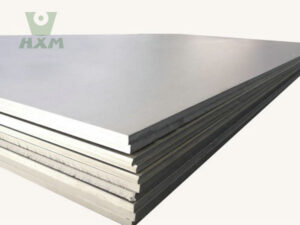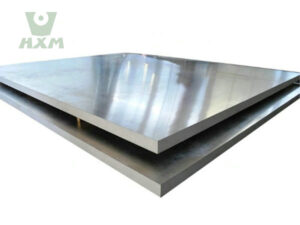Alloy steels are an important class of metallic materials widely used in various fields due to their physical and chemical properties. Huaxiao Metal Manufacturer is a well-established company that supplies metal worldwide.Below, we will detail the applications of nickel alloys in different fields. Alloy steels are widely used in various industries due to their enhanced mechanical properties, corrosion resistance, and heat resistance. By adding different alloying elements to steel, its microstructure and properties can be tailored to meet specific application requirements. In this experiment, we will explore the process of making alloy steels using commonly available metals as raw materials.
| Alloy Steel Type | Alloying Elements | Properties |
|---|---|---|
| Low-Alloy Steel | Chromium, Nickel | High strength, good weldability |
| High-Alloy Steel | Chromium, Nickel, Molybdenum | Excellent corrosion resistance, high temperature stability |
| Stainless Steel | Chromium, Nickel | Excellent corrosion resistance, aesthetic appeal |
| Tool Steel | Tungsten, Chromium, Vanadium | High hardness, wear resistance |
Alloy Steel Advantages
High Strength and Durability
Alloy metal steel is renowned for its high strength, making it capable of withstanding extreme temperatures and pressures. This makes it an ideal material for high-stress applications such as bridges, buildings, and machinery. Its durability ensures that it maintains its properties over extended periods, reducing the need for frequent replacements or repairs.
Corrosion Resistance
Another significant advantage of alloy metal steel is its corrosion resistance. The alloying elements added to the steel form a protective layer that shields the base metal from environmental factors that could cause deterioration. This makes alloy metal steel suitable for use in harsh environments where exposure to chemicals, moisture, or other corrosive agents is likely.
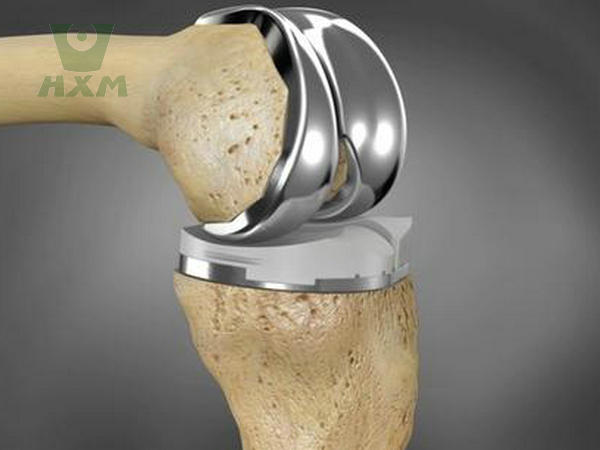

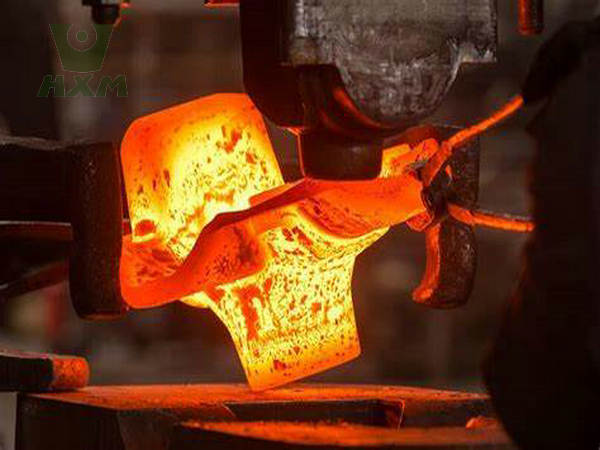
Versatility in Applications
Alloy metal steel’s versatility is another notable advantage. Due to its ability to be easily shaped and molded into various forms, alloy steel can be used for a wide range of applications. From thin sheets for automotive parts to thick plates for structural support, alloy metal steel can meet the diverse needs of various industries.
Enhanced Mechanical Properties
The addition of alloying elements to steel can significantly enhance its mechanical properties. Depending on the specific alloying elements used, alloy metal steel can exhibit improved hardness, toughness, and wear resistance. These enhanced properties make alloy steel more suitable for demanding applications where plain carbon steel might fail.
Cost-Effective in Long-Term Use
While the initial cost of alloy metal steel may be higher than that of plain carbon steel, its long-term cost-effectiveness is undeniable. Due to its high strength, durability, and corrosion resistance, alloy steel requires less frequent maintenance and replacements, reducing overall lifecycle costs.
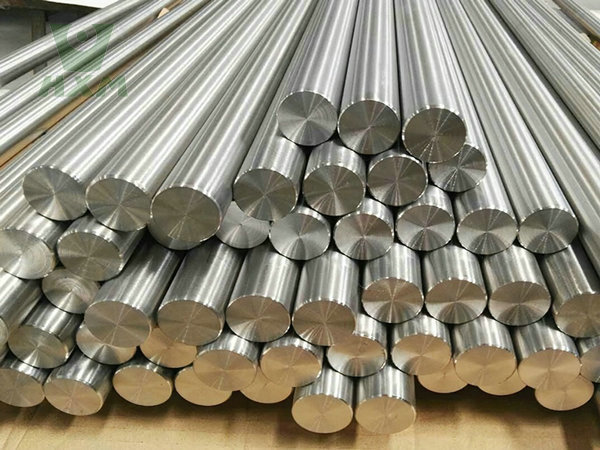
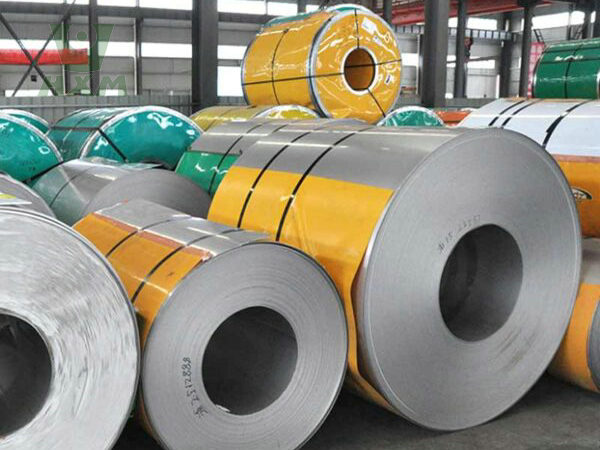
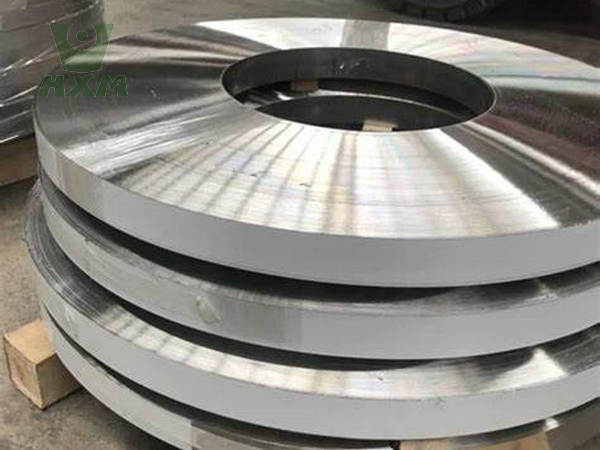
Alloy Steel Applications
For example, grades of the chromium-nickel-iron alloy are frequently found in gas turbine blades, turbocharger rotors and seals, electric submarine motors gun silencer blast baffles, and race car exhaust systems. Inconel has even gone into space. Inconel alloys are known for their excellent corrosion and high-temperature strength, maintaining stable performance under extreme conditions. The composition and properties of these alloys make them an ideal choice for many industrial applications, especially the fields of aerospace, petrochemicals, and power generation.
1. Aerospace Field Nickel alloys are extensively used in the field.
Due to their high temperature strength, good oxidation resistance, and strong corrosion resistance, they are widely used in the manufacturing of components such as aviation engines, engines, and aircraft structures. For example, nickel-based high-temperature alloys are a critical material for aviation engines, possessing excellent high-temperature performance and oxidation resistance capable of withstanding extreme conditions such as high temperatures, high pressures, and high speeds.
2. Petrochemical Field Nickel alloys also play a significant role the petrochemical field.
Due to the harsh environments involving high temperatures, high pressures, and corrosion in petrochemical production, materials with excellent corrosion resistance and-temperature performance are required. Nickel alloys, with their good corrosion resistance, high-temperature strength, and stability, are widely used in the manufacturing of petro equipment, such as reactors, heat exchangers, and pipelines.
3. Nuclear Industry Field
Alloy metal steels have important applications in the nuclear industry field. to the extremely harsh working environment in nuclear reactors, materials with very high corrosion resistance, high-temperature strength, and stability are needed. Nickel alloys, due to excellent physical and chemical properties, are widely used in the manufacturing of nuclear reactors, such as reactor pressure vessels, heat exchangers, and pipelines.
4.Building Industry Field
Alloy metal steels are also widely used in the shipbuilding industry. Since ships operate in marine environments for long periods, they need to withstand the of seawater and the erosion of marine organisms, thus requiring materials with excellent corrosion resistance and stability. Nickel alloys, with their good corrosion resistance and mechanical properties are widely used in shipbuilding, such as ship structures, propellers, and thrusters.
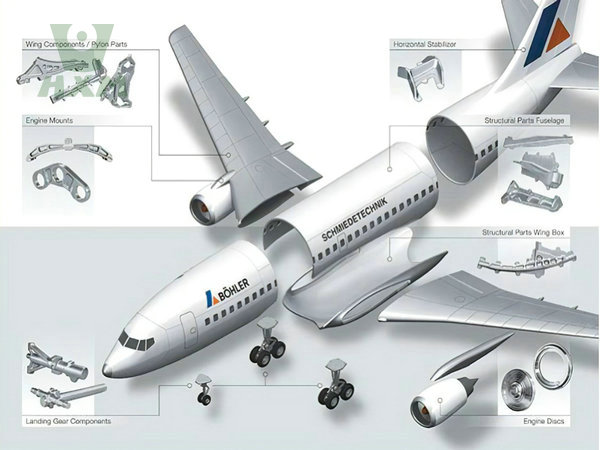
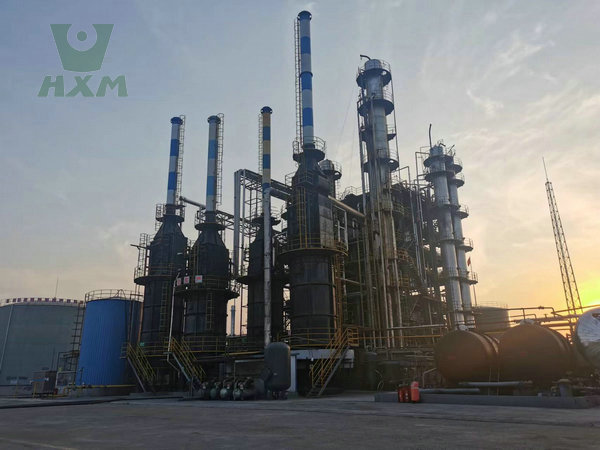

Incoloy high-temperature alloy steels are typically used in environments and applications that require advanced corrosion resistance at high temperatures. Direct applications include: Hot containers food, water, and seawater Sulfuric acid pipelines and containers Marine exhaust systems Industrial furnaces Heat exchangers Hycarbon cracking.
Precipitation hardening, creep-resistant heat-resistant steel. The alloy metal steel has high yield strength and endurance strength below 650 degrees Celsius good oxidation resistance below 760 degrees Celsius, and stable usage. It is widely used in the manufacture of rotors (compressor disks, shafts, etc.), static structural parts, turbine outer rings, and fasteners for aviation and ground gas turbine engines operating below 650 degrees Celsius. application range of Incoloy901 includes: Components in aviation engines, gas engine disks, compressor disks, shaft necks, static structural parts, turbine rings, and fasteners.
An alloy metal steel is a mixture with metallic properties synthesized from two or more metals or non-metals using certain methods. It is usually obtained by into a uniform liquid and solidifying. According to the number of constituent elements, it can be divided into binary alloys, ternary alloys, and multi-component alloys When two or more metals are uniformly blended together through certain processes, an alloy is formed, such as brass composed of copper and zinc, bronze composed of copper and, and white copper composed of copper and nickel. All stainless steels are alloys containing chromium, nickel, titanium, and other metals. Huaxiao Metal Manufacturer provides various alloy products.
Experiments of Making Alloy Steels Using Daily-life Metals
Materials and Methods
- Raw Materials:
- Carbon steel (base metal)
- Alloying elements (chromium, nickel, molybdenum, etc., in the form of metal powder or small pieces)
- Flux (to aid in the melting and removal of impurities)
- Crucible and furnace (for melting the metals)
- Casting mold (to shape the alloy steel after melting)
- Procedure:
- Prepare the crucible by cleaning it thoroughly and placing it in the furnace.
- Preheat the furnace to the required temperature (typically above the melting point of the base metal and alloying elements).
- Add the carbon steel to the crucible and allow it to melt.
- Gradually add the alloying elements, stirring the melt to ensure uniform distribution.
- Add flux to the melt to aid in the removal of impurities.
- Continue heating and stirring until all the metals are fully melted and mixed.
- Pour the molten alloy steel into the casting mold and allow it to cool and solidify.

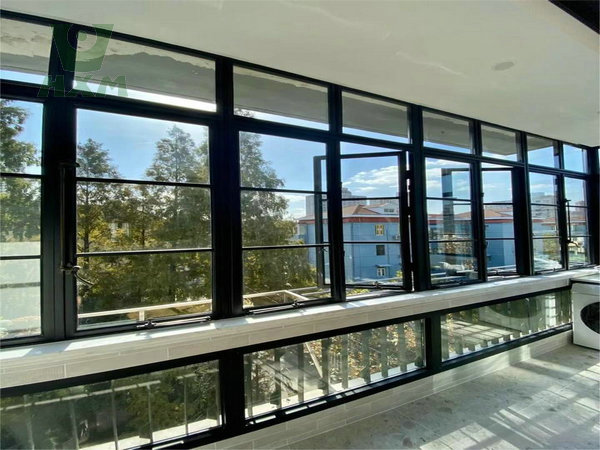

Results and Discussion
- Microstructure:
- The microstructure of the alloy steel will depend on the composition of the alloying elements and the cooling rate during solidification.
- Different alloying elements will have different effects on the microstructure, such as promoting the formation of certain phases or grain structures.
- Mechanical Properties:
- The mechanical properties of the alloy steel, such as tensile strength, yield strength, and hardness, will be influenced by the microstructure.
- Alloying elements can increase the strength and hardness of the steel by forming harder phases or by refining the grain structure.
- Corrosion Resistance:
- The corrosion resistance of the alloy steel will depend on the alloying elements added.
- Chromium, nickel, and molybdenum are commonly used to improve corrosion resistance by forming protective oxide films on the steel surface.
What Is The Purpose of An Alloy Steel?
The purpose of alloy steel is to enhance the mechanical and physical properties of plain carbon steel through the addition of one or more alloying elements. These alloying elements, such as chromium, nickel, molybdenum, vanadium, and others, are carefully selected to impart specific characteristics to the steel.
The primary purpose of alloy steel is to improve strength, hardness, toughness, corrosion resistance, and wear resistance. By tailored alloying, steel can be made to withstand higher temperatures, pressures, and corrosive environments than plain carbon steel could alone.
Why Is Alloy Steel Important?
Alloy steel is important because it offers a combination of enhanced mechanical properties, corrosion and temperature resistance, versatility in applications, cost-effectiveness in long-term use, and improved safety and reliability. These attributes make alloy steel a vital material in numerous industries, driving innovation and efficiency in modern engineering and manufacturing. In many industries, the use of alloy steel is crucial for ensuring safety and reliability. For example, in the aerospace and automotive sectors, alloy steel components are essential for structural integrity and crashworthiness. In the oil and gas industry, corrosion-resistant alloy steels prevent leaks and explosions, safeguarding both personnel and the environment.
In Conclusion
In summary, alloy steels play a crucial role in various industrial fields to their excellent corrosion resistance and high-temperature strength. Their wide range of applications and superior performance reflect their importance and value in modern industry. However, it is noting that Hastelloy alloys are expensive and difficult to process, so their selection and use need to be carefully considered based on specific application scenarios and requirements.
The experiment of making alloy steels using daily-life metals provides a valuable hands-on experience in alloying and material science. By observing the microstructure and testing the mechanical and corrosion resistance properties of the alloy steel, we can gain a deeper understanding of how alloying elements affect the properties of steel. This knowledge can be applied to the selection and use of alloy steels in various industrial applications.

